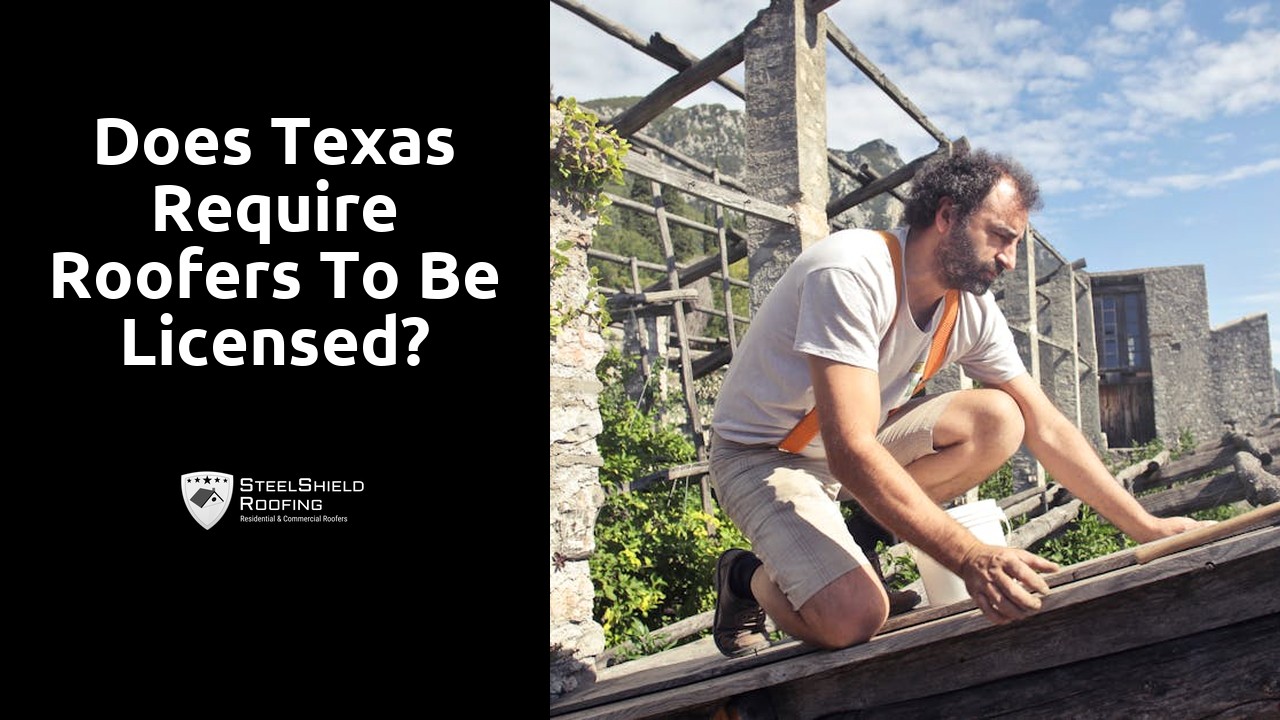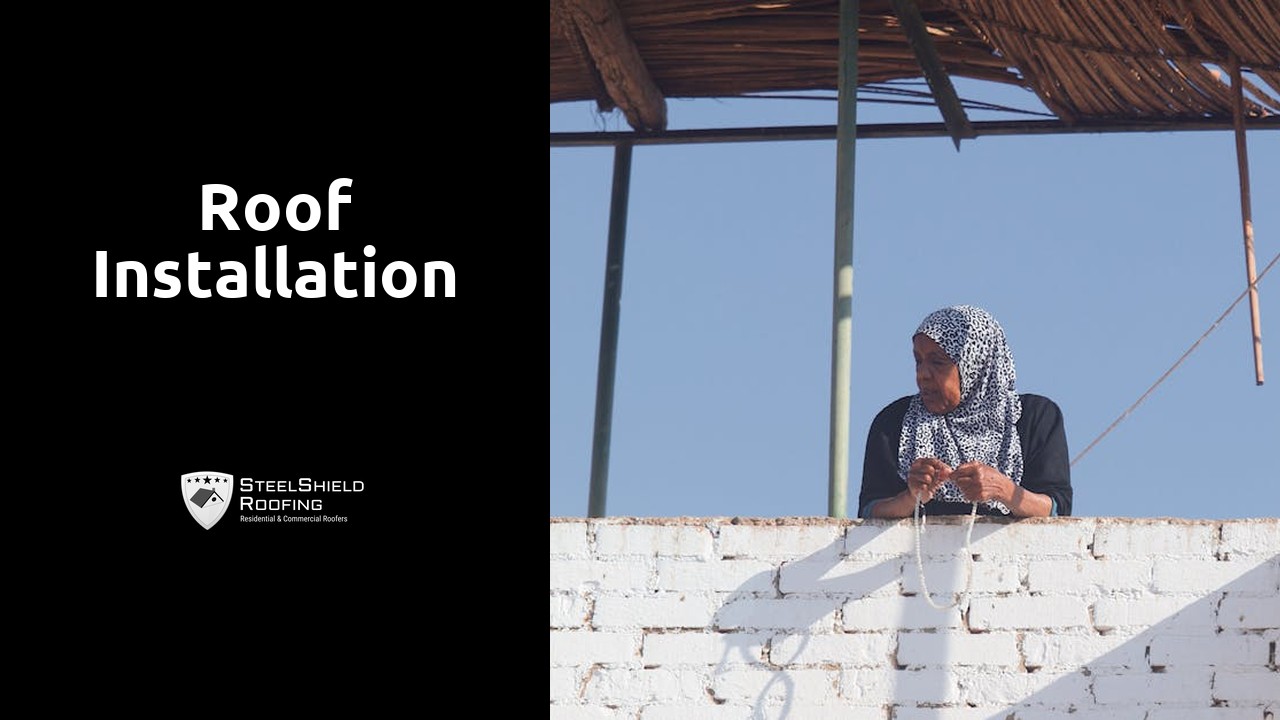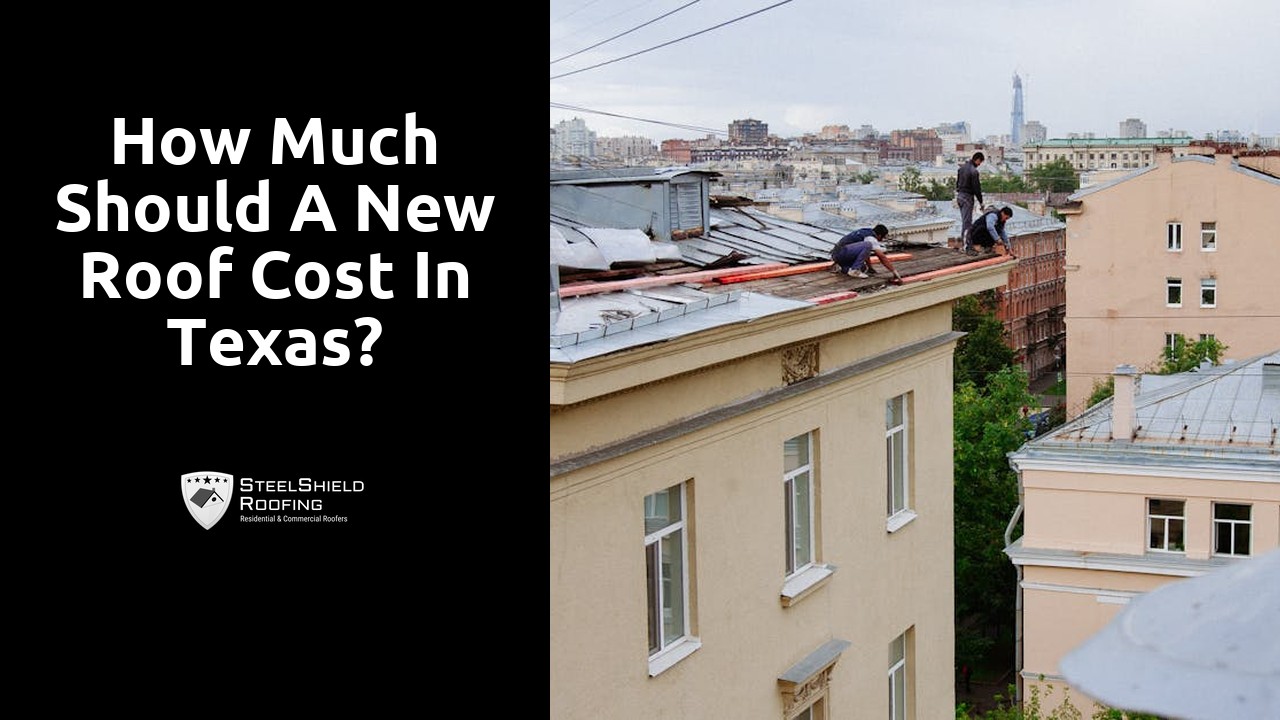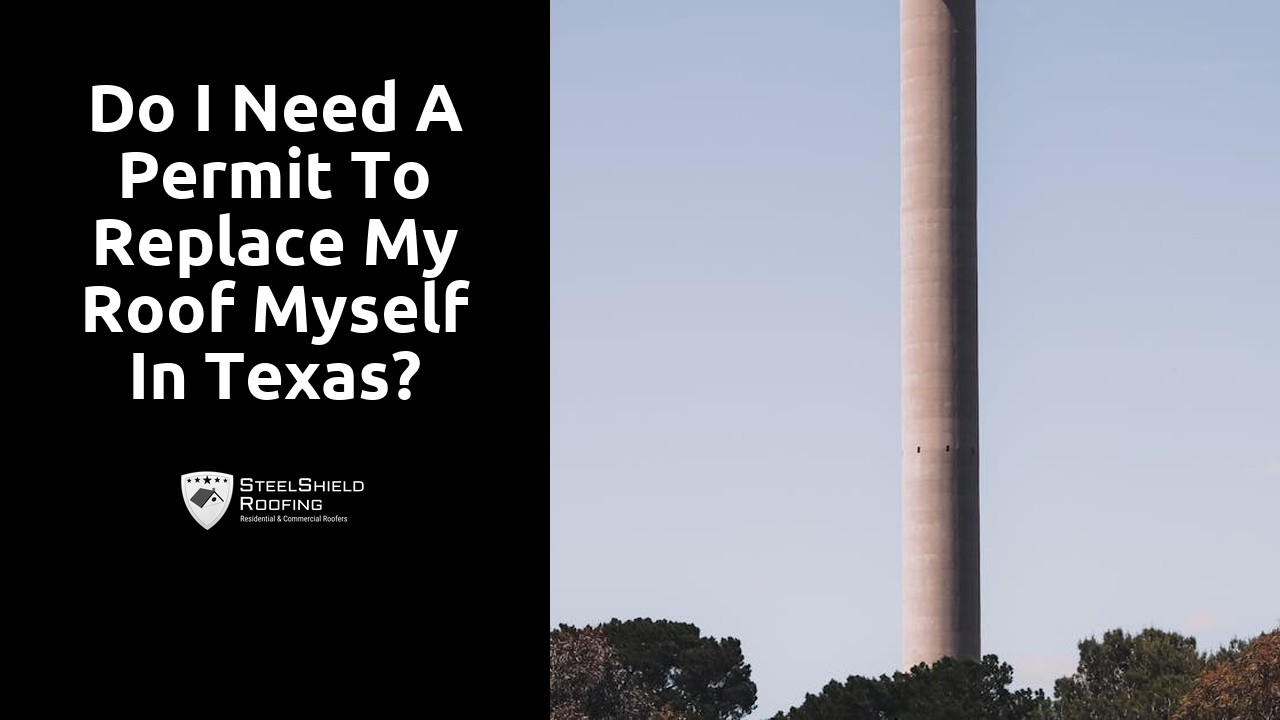
Table Of Contents
Maintaining Roofing License in Texas
To maintain a roofing license in Texas, roofers must adhere to specific guidelines set forth by the state regulatory authorities. This includes fulfilling all renewal requirements in a timely manner and staying up-to-date with any continuing education mandates. Failure to comply with these regulations can result in the suspension or revocation of the license, impacting the roofer's ability to legally conduct business in the state. As such, it is crucial for roofers to stay informed about the renewal process and ensure that they meet all necessary criteria to keep their license active. For roof installation near me, it is essential to verify that the roofer possesses a valid license and is in good standing with the state licensing board.
Continue reading this article for more information.
Renewal Process and Continuing Education Requirements
When it comes to renewing a roofing license in Texas, roofers must stay up-to-date with the state's continuing education requirements. Annual renewal ensures that roofers are knowledgeable about the latest industry standards and practices. By participating in continuing education courses, roofers can enhance their skills and stay informed about any changes in regulations that may impact their work. Roofers seeking to maintain their license must complete the required number of hours of continuing education within the specified timeframe to ensure compliance with state regulations. For roof installation near me, it's crucial to hire licensed professionals who are committed to ongoing education and skill development to provide high-quality services.
Differences Between Residential and Commercial Roofing Licenses in Texas
In Texas, the licensing requirements for residential and commercial roofing contractors have some key distinctions. Residential roofing focuses on work done on individual homes and multi-family residences, while commercial roofing involves projects on larger buildings such as offices, warehouses, and retail spaces. To legally perform roofing work in Texas, contractors must hold the appropriate license for the specific type of projects they undertake. As a homeowner looking for roof installation near me, it is crucial to verify that the roofing contractor you hire possesses the correct license for the type of work needed on your property.
For residential roofing projects in Texas, contractors are required to hold a Residential Roofer license. This license is specific to roofing work on residential properties and ensures that the contractor has met the state's qualifications for this type of project. On the other hand, commercial roofing projects in Texas necessitate a separate license known as the Commercial Roofer license. This license is tailored to the unique requirements of working on larger commercial structures, and contractors holding this license are authorized to undertake roofing projects on such properties. As you search for roof installation near me, remember to inquire about the contractor's specific licensing to ensure compliance with state regulations.
Specific Regulations and Licensing Criteria for Each Sector
When it comes to roofing licenses in Texas, there are distinctions between the regulations and criteria for those operating in the residential and commercial sectors. For residential roofers, it is crucial to comply with the specific licensing requirements set by the state. These regulations ensure that the individuals or companies undertaking roof installation near me have the necessary skills and expertise to carry out the work safely and effectively. On the other hand, commercial roofing licenses entail a separate set of criteria, tailored to the complexities and scale of commercial projects.
The licensing criteria for each sector in Texas includes factors such as proof of experience, insurance coverage, and passing a written exam. It is essential for roofers, whether working in residential or commercial settings, to meet these requirements to operate legally within the state. By adhering to these regulations and criteria, roofers not only contribute to the professionalism of the industry but also guarantee a higher standard of workmanship and safety for those seeking roof installation near me.
Roofing License Reciprocity in Texas
Roofing license reciprocity in Texas allows for out-of-state roofers to operate in the state under certain conditions. Upon meeting the necessary criteria, such as having equivalent licensing requirements in their home state, roofers can seek recognition for their licenses in Texas. This mutual agreement benefits both local residents looking for qualified professionals and out-of-state roofers seeking opportunities to work in Texas. As a result, it facilitates smoother processes for those in need of roof installation near me.
Recognition of out-of-state licenses for roofers operating in Texas can streamline the licensing procedures for non-resident roofers. This mutual recognition agreement fosters a cooperative relationship among states, promoting efficiency and flexibility in the roofing industry. By acknowledging the qualifications of out-of-state roofers, Texas upholds standards while also embracing diversity and expertise from professionals across state lines. Roof installation near me can now be seamlessly executed by qualified contractors from different parts of the country.
Recognition of OutofState Licenses for Roofers Operating in Texas
Texan laws do not offer reciprocity for out-of-state roofing licenses. This means that roofers moving to Texas from another state will need to comply with the local licensing requirements. The Texas Department of Licensing and Regulation oversees the licensing process for roofers in the state, ensuring that all professionals meet the necessary standards for safety and quality. If you are looking for roof installation near me by an out-of-state roofer, be sure to check if they have obtained the required license to operate legally in Texas. Failure to comply with these regulations could result in fines and legal consequences for both the roofer and the homeowner.
FAQS
Is a roofing license required in Texas?
Yes, Texas requires roofers to be licensed in order to legally perform roofing work in the state.
What are the different types of roofing licenses available in Texas?
In Texas, there are separate licenses for residential roofing and commercial roofing, each with specific regulations and criteria.
How can roofers maintain their roofing license in Texas?
Roofers in Texas need to adhere to renewal processes and complete continuing education requirements to keep their roofing license current.
Are there any differences between residential and commercial roofing licenses in Texas?
Yes, there are specific regulations and licensing criteria that vary between residential and commercial roofing licenses in Texas.
Does Texas offer reciprocity for roofing licenses?
Texas does not have reciprocity agreements with other states for roofing licenses, but there are provisions for recognizing out-of-state licenses for roofers operating in Texas.


